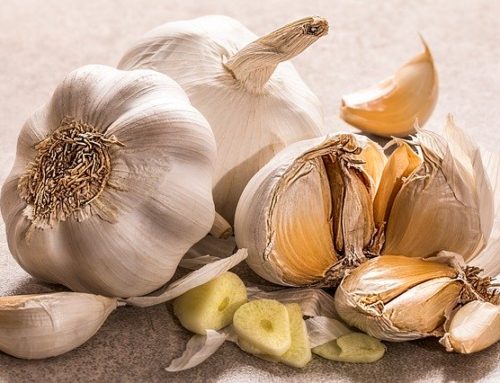Recently, bees have been getting a lot of attention – and luckily so, since they most certainly deserve it! We have rightly started to pay more attention to just how indispensable bees are. Unfortunately, the rise in interest in the topic has a negative impetus – the population of bees is now declining on a global scale.
One of the things at the very forefront of the dangers affecting the population of bees is the use of pesticides in agriculture. As reported by NPR, a group of scientists from the UK recently investigated how bumblebee queens are affected by neonicotinoids, also called neonics, some of the most widely used – and incredibly controversial – pesticides.
Neonics are applied as a coating on the seeds such crops as corn, soybeans, and canola – all of which are widely grown in the country. Since neonics are “systemic,” they move throughout the growing plants – meaning they don’t just stay fixed to the seeds’ shell and do impact the entire crop. As a result, traces of the pesticides easily get into the plant’s pollen – also the pollen of wildflowers growing nearby – which gets consumed by bees.
According to the study, published in the journal Nature Ecology and Evolution, queen bees that were exposed to the pesticide were 26 percent less likely to lay eggs, in comparison with those that were not.
Scientist Nigel Raine explained since there can be no colony without eggs, wild bumblebee populations “could enter a spiral of decline and eventually die out.”
Exposure to neonics is just one of the factors that affect the decline of the bees’ population, like nutrition limitation due to the disappearance of wildflowers – but it is a big and dangerous one, based on the data.
The new findings are likely to cause more serious calls for further restrictions on use of these harmful pesticides. The European Union has already introduced a temporary moratorium on the pesticides on a number of crops in 2013, but now it is considering to make it permanent. The U.S. has yet to take any such measures, and it could lead to disastrous consequences for these insects!
Our world would not be the same without bees. These little insects are responsible for pollinating about one-sixth of the flowering plants species in the worldwide and around 400 different agricultural plants. 70 of the top 100 food crops grown worldwide depend on pollinators – which translates to 90 percent of the world’s nutrition!
Bees may be small and unassuming, but we need them more than most of us even realize. Right now, they also really need us – to take action and raise awareness of the issue.
There are many ways you can help bees in your own community, such as:
Support organic farmers who do not use chemicals on their crops.
Spread the word about the importance of bees and their declining population!
Share this article and encourage others to keep the buzz going!
Article sourced from One Green Planet






Leave A Comment